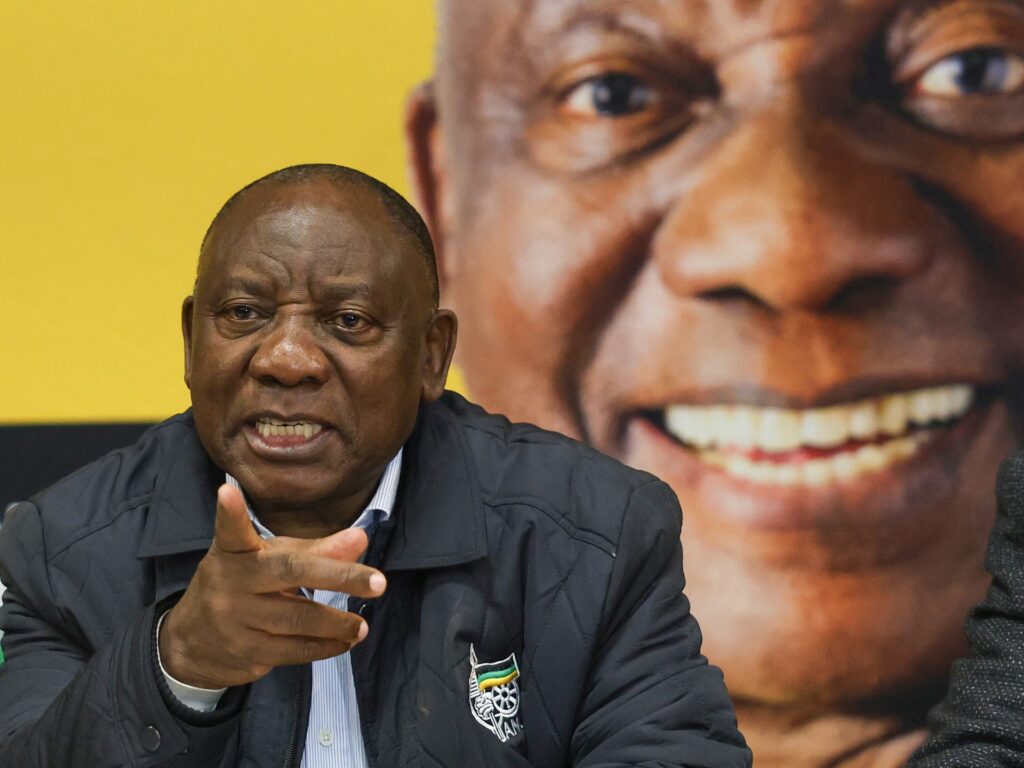The African National Congress (ANC) in South Africa has expressed its intention to establish a national unity government with major opposition parties following its loss of majority in the recent general elections. This decision was announced by President Cyril Ramaphosa after extensive negotiations within the ANC and with other major parties. The ANC aims to avoid forming a coalition with a single opposition group to prevent becoming overly dependent on one rival party, as analysts have pointed out.
The deadline for finalizing the specifics of the national unity government is set for June 18, allowing for further negotiations. A national unity government typically includes a broad representation of major political parties in the legislature, allocating different ministerial portfolios to various parties. This type of joint government is often formed during national emergencies, internal divisions, or other challenging times that require a collective effort from various political factions.
In the context of South Africa, the ANC leaders have suggested considering parties that secured significant votes in the recent election to potentially be part of the ruling coalition. These parties include the Democratic Alliance, uMKhonto we Sizwe, Economic Freedom Fighters, Inkatha Freedom Party, and the Patriotic Alliance. Each party brings different ideologies and agendas to the table, presenting a diverse range of perspectives within the potential national unity government.
The concept of a national unity government is not new, as South Africa itself had a similar government under Nelson Mandela in the post-apartheid era. The arrangement aimed to bridge political divides and foster inclusivity, although challenges and complexities arose over time. Other countries like Kenya, Afghanistan, Lebanon, Myanmar, and Italy have also experimented with national unity governments during times of crisis or political turmoil.
Overall, the establishment of a national unity government in South Africa reflects a strategic move by the ruling ANC to navigate its current political landscape and address the challenges posed by the loss of majority in the recent elections.
